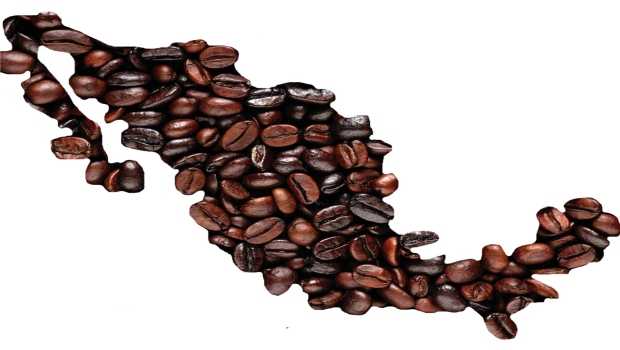The Mexican government is working on establishing the bases to form and operate the Mexican Coffee Institute. Jorge Armando Narvaez, undersecretary of the Ministry of Agriculture, Rural Livestock, Fisheries and Food (SAGARPA) said during the Latin American Coffee Summit 2016 that the agency will allow giving greater sustainability and viability to the public policies to boost the coffee production.
Coffee is a product of high consumption in Mexico, and its cultivated area is equivalent to seven times the size of the territory of the City of Mexico, that is more than 600 thousand hectares, concentrated in 12 states of the Republic.
The government of the Republic in cooperation with the Inter-American Institute for Cooperation on Agriculture (IICA) and producers are working for the Mexican Coffee Institute to become a reality, and with it they seek to solve the various challenges that the sector may face.
The aim is to build together a coffee sector to ensure sustainable productivity, with high growth, profitable, with environmental and social sense.
Coffee growing is an important activity for the country, because it has a big relevance in an economic level, and mainly social, because 73% of productive lands have surfaces of one hectare or less, which is a great challenge for the formulation of sustainable public policies for the sector.
One of the main goals of Integral Care Plan for Coffee is to increase the productivity of the sector on a competitive way and to reach a production of 4.5 million bags for the 2018-2019 harvest.
All this in order to create the necessary basis to obtain 10 million bags in 10 years.
The plan also includes actions such as the establishment of community nurseries, certified resistant plants, as well as geo plasma banks and whatever is necessary for the proper performance of the investments.
Valeria Bigurra Peñavera


















